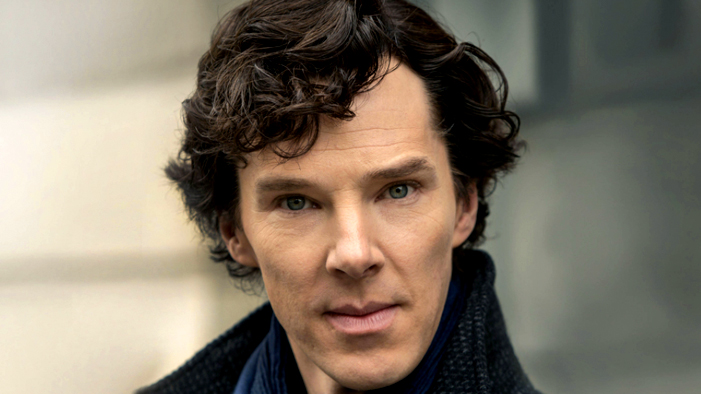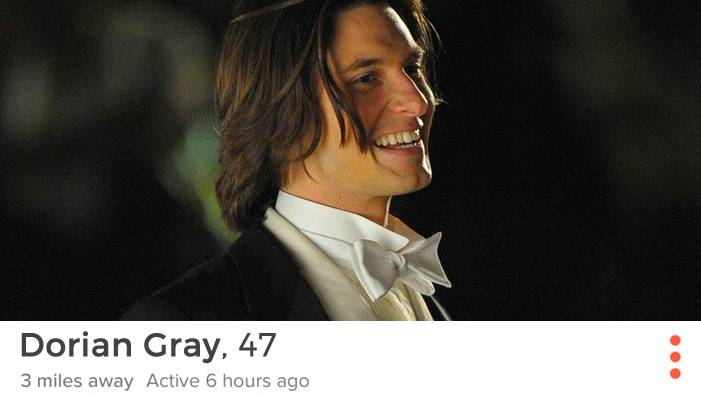5 Fictional Characters Who Were Sapiosexuals

A sapiosexual is not only an option for your OKCupid profile, it’s also a thing you can call yourself if you want to assert your brain domination over every trembling, mindless cretin around you at the cafeteria table. Though this word has not (yet) officially entered the Merriam-Webster lexicon, it’s defined as a person who is sexually attracted to highly intelligent people. Below are five contenders for people whose pillow talk might require a thesaurus.
1. Holden Caulfield, Catcher in the Rye
Poor Holden. The man can’t catch a break (get it?). Holden is disturbed by a world that demeans the vulnerable—particularly woman and children—and subjects them to control and violence. He is particularly, and appropriately, upset when a friend coerces a girl into sex in the back of a car. Throughout the book, all his encounters with women—Sunny in the hotel room, Sally on the skating rink, Jane in his memories— center on him trying to make conversation and share emotional burdens, rather than anything physical. And what’s he get? He mostly gets punched in the stomach.
2. Sherlock Holmes, Sherlock Holmes
Swoon. Sherlock would also make a sapiosexual out of me, but I digress. He doesn’t have many romantic connections throughout the book series, but the main one referenced is with Irene Adler, who outwits him and is clever enough to impress even this impossibly smart sleuth. “To Sherlock Holmes she is always the woman. I have seldom heard him mention her under any other name. In his eyes she eclipses and predominates the whole of her sex. It was not that he felt any emotion akin to love for Irene Adler. All emotions, and that one particularly, were abhorrent to his cold, precise but admirably balanced mind.” Sherlock, you dog! Try to withstand such an outpouring of romance!
3. Belle, Beauty and the Beast
Homegirl passed up the bodacious Gaston for a large talking St. Bernard. Why? Because the library. She fell in love with the Beast because he was well-read and they could have discussions about literature; also, he didn’t break into song about his muscles. She has impeccable taste.
4. Everyone in Aldous Huxley’s Point Counter Point
This novel isn’t as well known as Brave New World, but it was more controversial when it was published, so that’s cool. Many of the characters are thinly disguised representations of actual, famous figures that Huxley knew: D.H. Lawrence, Charles Baudelaire, himself. The characters often engage in lengthy, intellectual dialogue like this: “The whole of modern civilization is based on the idea that the specialized function which gives a man his place in society is more important than the whole man, or rather is the whole man, all the rest being irrelevant or even (since the physical, intuitive, instinctive and emotional part of man doesn’t contribute appreciably to making money or getting on in an industrialized world) positively harmful and detestable.” Maybe people used to speak like this all the time? Anyway, there’s also quite a bit of torrid romance, which, don’t worry, does not interfere with the brainy talk.
5. George Eliot
Fine, okay, she’s an author, not a character, but will you let this one slide? Thanks boo. My favorite George Eliot fact (yes, I have favorites) is that an ex once described her as “morbidly intellectual.” I love that. She was so intelligent it was actually gross. She wrote arguably the greatest English-language novel ever at a time when women weren’t allowed to vote or own property, and eventually lived with the (already married!) intelligent philosopher and critic George Henry Lewes, which was also a radical act at the time. Smart and edgy. Win.













